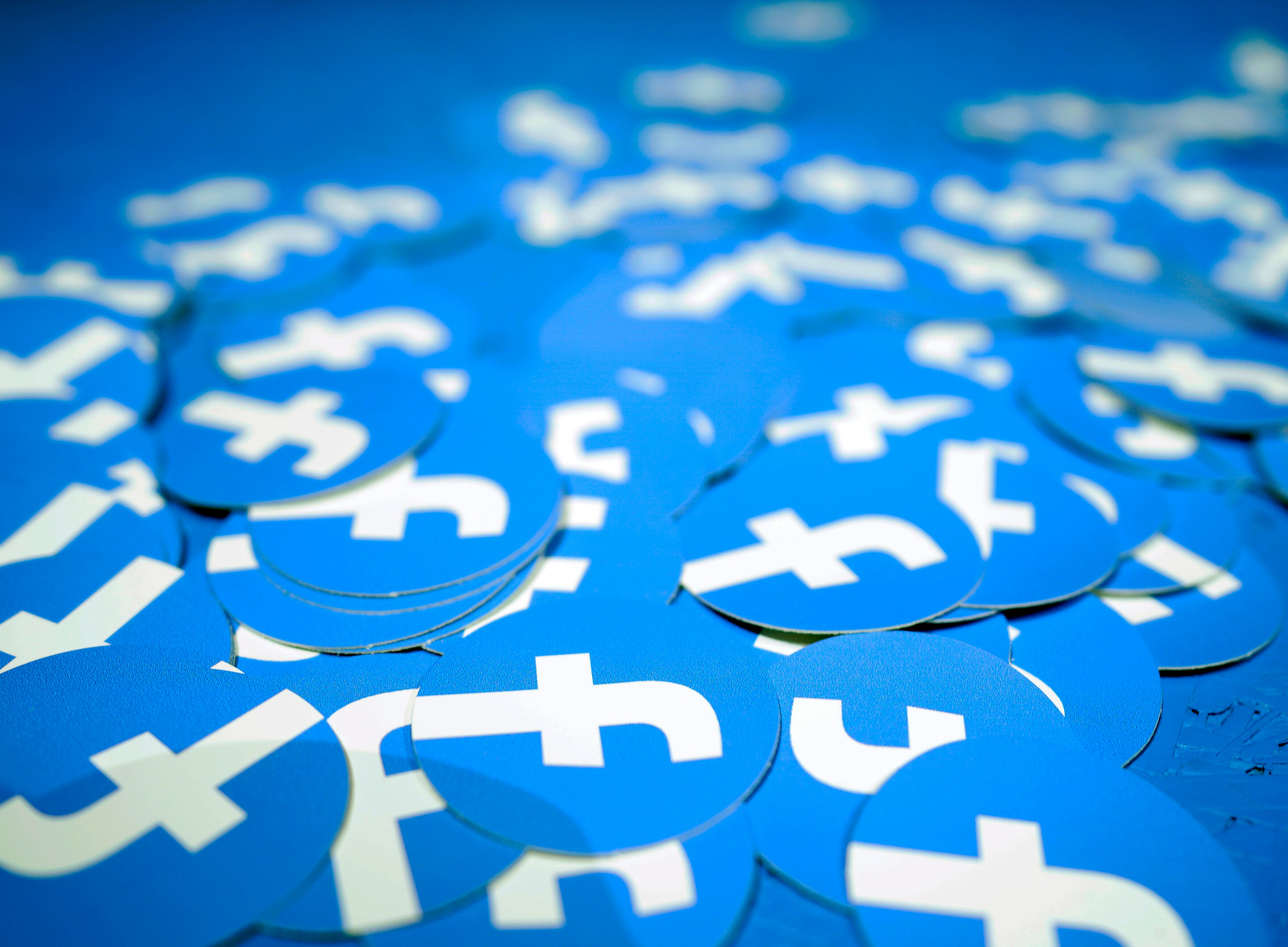Facebook's long and halting fight against misinformation
Facebook is facing its toughest challenge yet: an election complicated by a pandemic, a deeply divided nation lured by conspiracy theories and alternate versions of reality

Your support helps us to tell the story
From reproductive rights to climate change to Big Tech, The Independent is on the ground when the story is developing. Whether it's investigating the financials of Elon Musk's pro-Trump PAC or producing our latest documentary, 'The A Word', which shines a light on the American women fighting for reproductive rights, we know how important it is to parse out the facts from the messaging.
At such a critical moment in US history, we need reporters on the ground. Your donation allows us to keep sending journalists to speak to both sides of the story.
The Independent is trusted by Americans across the entire political spectrum. And unlike many other quality news outlets, we choose not to lock Americans out of our reporting and analysis with paywalls. We believe quality journalism should be available to everyone, paid for by those who can afford it.
Your support makes all the difference.Facebook is facing its toughest challenge yet: an election complicated by a pandemic, a deeply divided nation lured by conspiracy theories and alternate versions of reality Is it ready? Here are some of its biggest steps and missteps it's taken in the fight against misinformation since 2016.
Nov. 10, 2016: Days after the election of President Donald Trump Facebook CEO Mark Zuckerberg calls the idea that “fake news” on Facebook had influenced the election “a pretty crazy idea." He later walks back the comment.
December 2016: Facebook says it will hire third-party fact-checkers to combat misinformation.
April 27, 2017: Facebook publicly acknowledges that governments or other malicious non-state actors are using its social network to influence national elections, in line with U.S. government findings of Russian interference.
October 2017: Facebook says ads linked to a Russian internet agency were seen by an estimated 10 million people before and after the 2016 election.
November 2017: Ahead of congressional hearings on election interference, Facebook ups that estimate, saying Russian ads fomenting political division potentially reached as many as 126 million users.
Jan. 4, 2018: Zuckerberg declares his 2018 resolution is to “fix” Facebook.
March 2018: Evidence grows that Facebook campaigns were used to steer the U.K. toward Brexit.
April 2018: Zuckerberg testifies before Congress and apologizes for the company’s missteps, as well as fake news, hate speech, a lack of data privacy and foreign interference in the 2016 elections on his platform.
May 2018: Democrats on the House intelligence committee release more than 3,500 Facebook ads created or promoted by a Russian internet agency before and after the 2016 election.
July 2018: British lawmakers call for greater oversight of Facebook and other platforms.
July 2018: After Facebook warns of skyrocketing expenses due in part to beefing up security and hiring more moderators, its stock price suffers the worst drop in its history. Its shares don't recover until January 2020.
Sept. 5, 2018: Facebook and Twitter executives pledge before Congress to defend against foreign intrusion.
October 2018: Facebook invites the press to tour a newly created “war room” for combatting election-related misinformation in what is largely seen as a public relations move.
October-November 2018: Ahead of the 2018 U.S. midterm election, Facebook removes hundreds of accounts, pages and groups for suspected links to foreign election interference.
Feb. 18, 2019: In a scathing report, British lawmakers call for a mandatory code of ethics and independent overseers for social media platforms, specifically calling out Facebook for technical design that seems to “conceal knowledge of and responsibility for specific decisions.”
May 2019: Facebook declines to remove a video manipulated to show House Speaker Nancy Pelosi slurring her words. The altered clip is shared millions of times.
October 2019: Facebook unveils new security systems designed to prevent foreign interference in elections.
November 2019: Facebook opens a new misinformation “war room” ahead of U.K. elections.
May-June 2020: Facebook declines to remove Trump posts that suggest protesters in Minneapolis could be shot. Zuckerberg defends his decision in a Facebook post. Facebook also declines to take action on two Trump posts spreading misinformation about voting by mail. Some Facebook employees resign in protest.
June 2020: Facebook says it will add labels to all posts about voting that direct users to authoritative information from state and local election officials. This includes posts by the president.
July 8, 2020: A quasi-independent civil-rights audit criticizes Facebook's “vexing and heartbreaking decisions" with respect to civil rights and election misinformation, including Trump's tweets on voting by mail.
August 2020: After years of a hands-off approach, Facebook restricts the conspiracy movement QAnon, but doesn't ban it outright.
Sept. 3, 2020: Facebook curbs political ads, although only for seven days before US election.
Oct. 6, 2020: Facebook bans all groups that support QAnon.
Oct. 7, 2020: Facebook further limits political ads, readies more labels for candidate posts that prematurely declare victory or contest official results, and bans the use of “militarized language” in connection with calls for poll watching